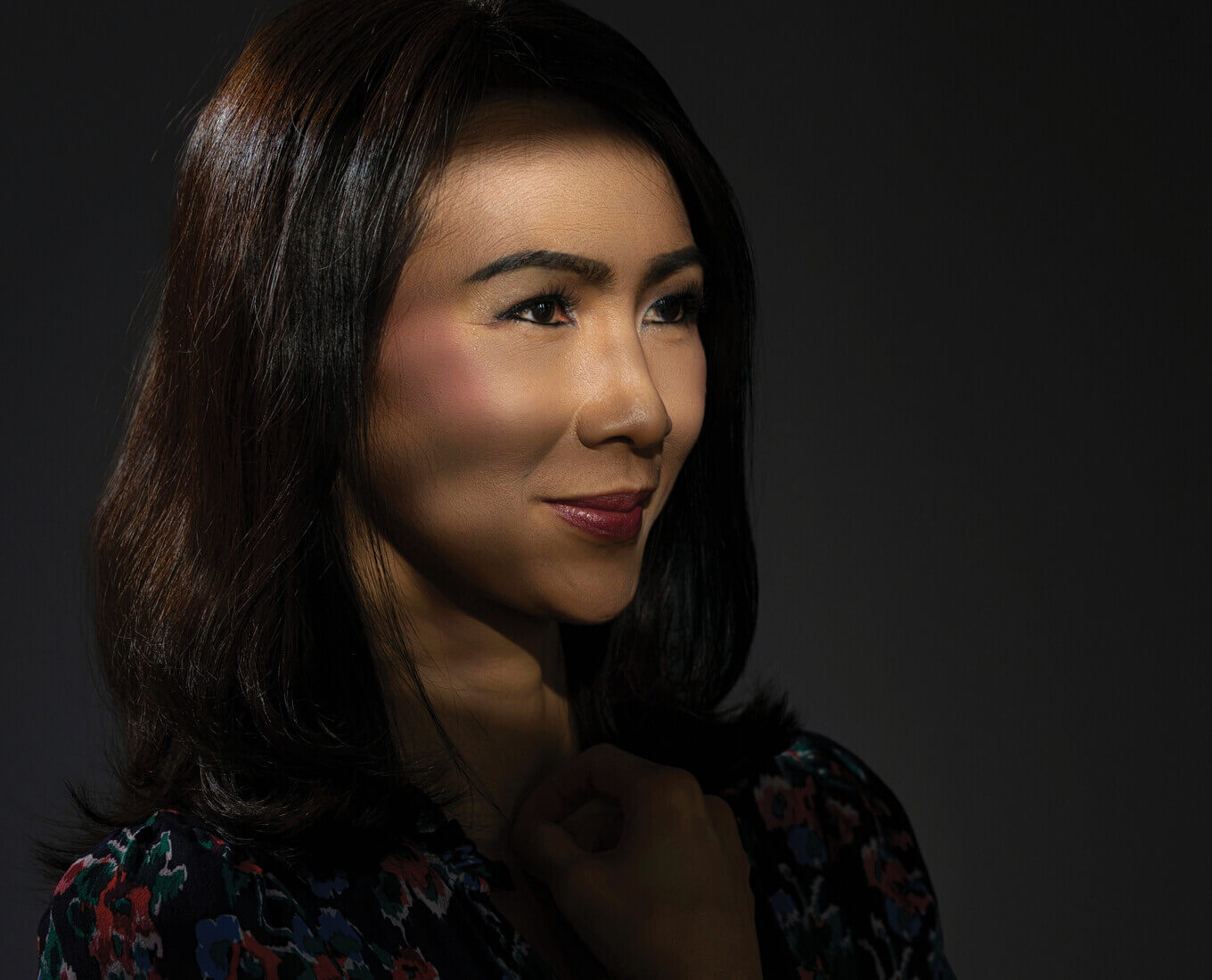 In a recent article for The Conversation, Victor Matheson, professor of economics at the College of the Holy Cross, and Ann Sheehy, assistant professor of biology at the College, collaborated on an piece about both the bad science and bad economics that led Morocco to abandon its plans to host the African Cup of Nations.
In a recent article for The Conversation, Victor Matheson, professor of economics at the College of the Holy Cross, and Ann Sheehy, assistant professor of biology at the College, collaborated on an piece about both the bad science and bad economics that led Morocco to abandon its plans to host the African Cup of Nations.
The article explains Morocco’s decision to withdraw from hosting the African Cup of Nations due to its fear of incoming fans spreading the Ebola virus. Matheson and Sheehy refute this belief.
“From an epidemiological standpoint, since Ebola victims are contagious only once they show symptoms, the disease is not likely to be spread through attendance at football matches. Those showing symptoms will be too sick to travel, and those well enough to travel will not be contagious. Even if a fan traveled to Morocco during the 21-day incubation period for the disease and then began to show symptoms, the fact that the disease is only spread through contact with bodily fluids, not casual contact with other fans, means is unlikely to be a significant source of transmission.”
Morocco had requested the tournament be delayed one year but was denied by the Confederation of African Football (CAF) and the country was expelled from the tournament. Economically this was a poor decision for the country, says Matheson and Sheehy.
“Finally, like most boosters’ claims about the economic impact of major sporting events, Morocco’s estimates of the number of visitors that the event would bring were wildly optimistic. Morocco’s sports minister Mohamed Ouzzine said the country was expecting an influx of between 200,000 and one million fans. The idea of one million arrivals from infected countries is scary indeed but also completely laughable.”
The tournament, which resembles a mini-World Cup for African countries, is supposed to kick off on January 7, 2015 in Guinea and is still searching for a host for the finals.
This “Holy Cross in the News” item by Jacqueline Smith ’15.

